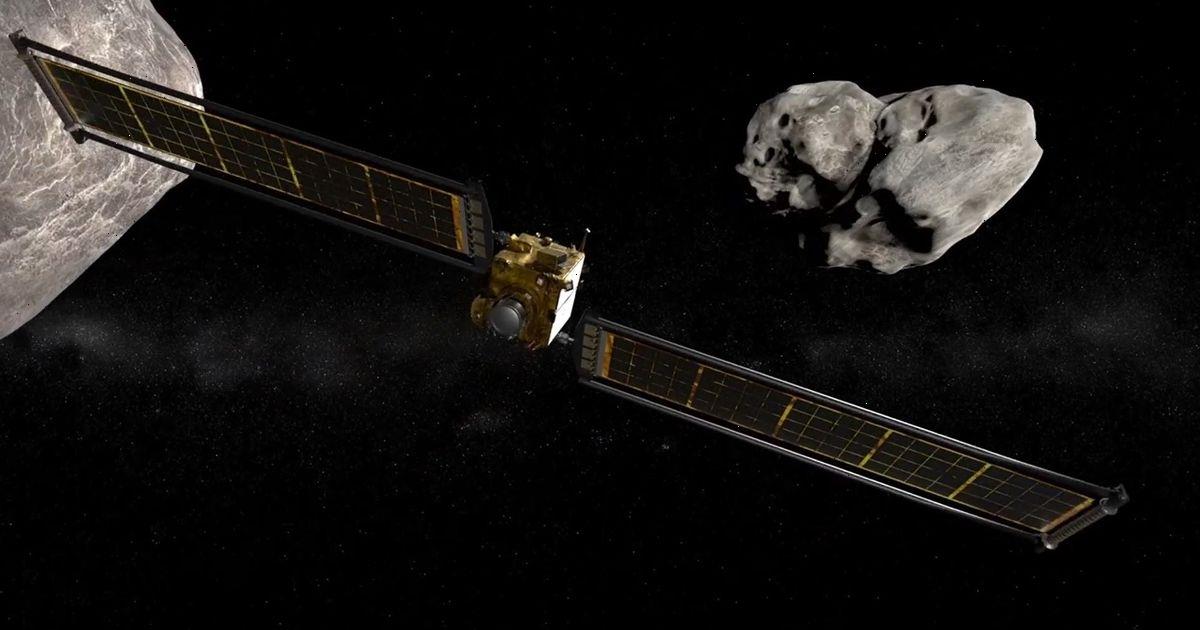NASA has kicked off the countdown to its first planetary defence mission, where it plans to knock an asteroid off-course in the hopes of saving Earth from future impacts.
Unlike the Bruce Willis film Armageddon though, the mission will not include astronauts trying to blow up an asteroid from the inside. The DART mission, or "Double Asteroid Redirection Test", will see NASA deliberately crash a spacecraft into an asteroid's moon.
The target is Didymos, a.k.a. the near-Earth asteroid.
Discovered two decades ago, it was found to have a moon making it a binary or twin asteroid.
Scientists hope to test whether or not they can use spacecraft to protect Earth from deadly asteroid impacts in future.
NASA will crash a device into the asteroid's moon (a moonlet) at a speed of roughly 14,000 miles per hour.
The crash should alter the moonlet's speed by a fraction of 1%, which will move it close enough to be observed by telescopes on Earth.
The spacecraft itself will carry solar power generators, powerful cameras, and sensors to track the effects of the crash.
-
Severe solar storm could cause 'internet apocalypse' for months, experts warn
If the mission is successful, it should form a strong scientific basis for NASA to begin work on a planetary defence system, which would aim to keep Earth safe from dangerous asteroids like the kind that wiped out the dinosaurs.
The spacecraft will launch from Earth on one of Elon Musk's SpaceX Falcon 9 rockets later this month, and will take roughly a year to arrive at its destination.
If a large asteroid collides with Earth, it could be disastrous for life on our planet, causing tsunamis and crop failures.
There are roughly 25,000 large asteroids in our Solar System alone, which puts the planet at huge risk of impacts.
Most recently, an asteroid three times the size of the Statue of Liberty entered Earth's orbit, but is expected to pass us at a safe distance.
To keep up to date with all the latest news stories, make sure you sign up to one of our newsletters here.
- Nasa
- Space
- Spaced Out
- Asteroids
Source: Read Full Article






